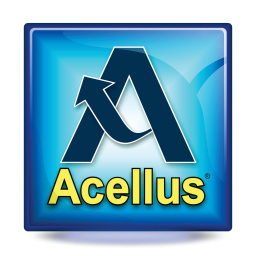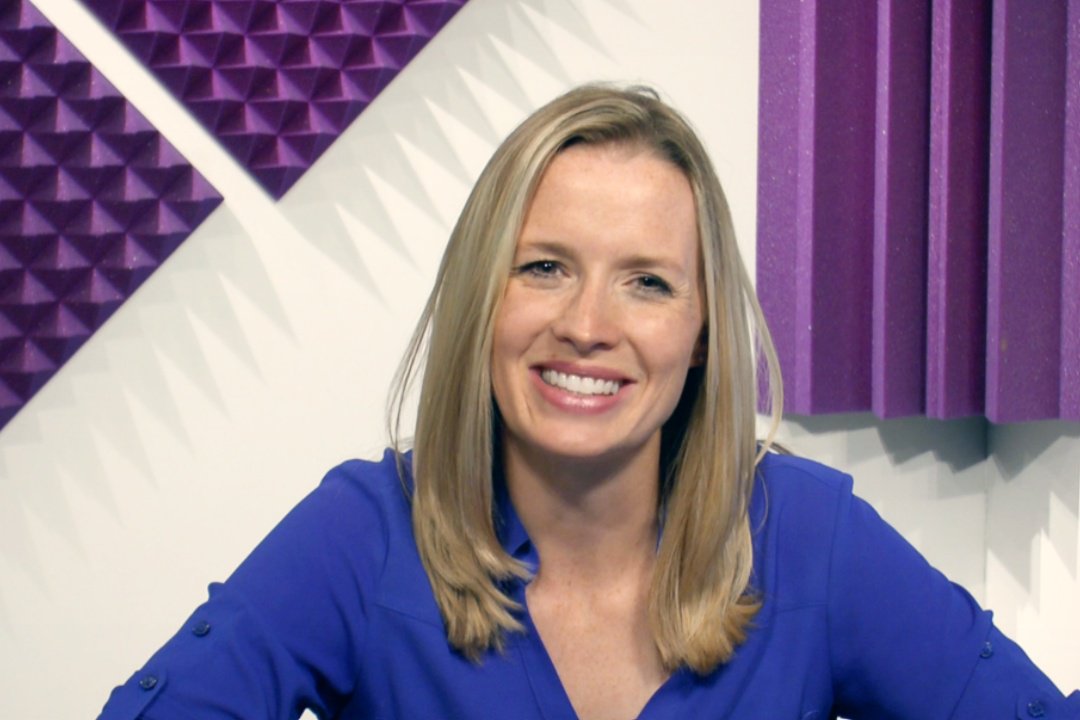French II

Course Features
Course Details
Course Overview
This course is recommended for students having a basic understanding of the French language who want to further their understanding and develop fluency. Students extend their vocabulary and their understanding of subject-verb agreement. Students experience French used in conversations and learn how to construct basic phrases needed to effectively communicate in the language. French II is designed to follow Acellus French I and is taught by Acellus Course instructor, Katrina Carey.
Sample Lesson - Vocabulary - Les Nationalités
 This course was developed by the International Academy of Science.
Learn More
This course was developed by the International Academy of Science.
Learn More
Scope and Sequence
Unit 1 In this unit students study introductions and how to ask and respond to the question, "How are you doing today?" Students learn the French alphabet and the accents used with it, the numbers 0-1000, and how to exchange information about where we live, phone numbers, and email addresses. They explore how to ask for and express one's age and birthday, as well as words that describe people, the verb être (to be), nationalities, and how to ask and answer the question, "Where are you from?" Students also learn words that describe one's profession and how to ask and express what one's profession is. Unit 2 In this unit students discuss more expressions using the verb être (to be), how to change a statement into a question, and words for students and friends. They study demonstrative adjectives, interrogative adjectives, words for members of a family, possessive adjectives, and adjectives that describe personality. Unit 3 In this unit students investigate the verb avoir (to have), expressions using the verb avoir, words for features of the head, adjectives to describe one's physical appearance, and the names of colors. They discuss describing one's self and others, "BAGS" adjectives (adjectives that are placed before the noun), and the correct placement of adjectives. Unit 4 In this unit students review verbs that end with "er." They learn to conjugate verbs that end with ger and cer, as well as how to talk about activities using the verb faire (to do or to make), making contractions with "de" (of or from), how to talk about things they like or don't like, and how to use the verbs sortir (to exit or take out), partir (to leave), and dormir (to sleep). They discuss adverbs describing how frequently or how well things are done, how to talk about when something happened in terms of days and months, and how to how to talk about what time something happened. They also review questions using inversion. Unit 5 In this unit students explore how to talk about a party, how to ask for help or advice, and, again, how to talk about doing or making things with the verb faire. They learn how to talk about "someone" and "something," how to make negative expressions, the verb aller (to go), contractions with the preposition à (in, at, or to), the verbs enfoyer (to send) and payer (to pay), words used to make questions such as who, what, where, when, and why, and verbs that end in ir and re. Unit 6 In this unit students study direct object pronouns, or DOPs, the verbs offrir (to offer) and ouvrir (to open), and indirect object pronouns, or IOPs. They explore object pronouns and negation, double object pronoun sentences, double object pronoun sentences in the negative, and how to talk about things that happened in the past using verbs that end in er, ir, and re. Following this unit students are presented with the Mid-Term Review and Exam. Unit 7 In this unit students discuss irregular past participles, asking questions about things that happened in the past, and verbs that use être (to be) in the past tense. They study past participle with être, past tense with être, negatives in the past tense, object pronouns in the past tense and negation with DOP/IOP in past tense. Unit 8 In this unit students investigate the names of foods, prepositions of location, names of fruits, names of vegetables, how to talk about having part or some of something, and the names of specialty shops. They discuss the verbs acheter (to buy) and préférer (to prefer), the pronoun y (roughly "there"), words for quantity, how to talk about things that are necessary, and the pronoun "en" (roughly: some, any, of it, or of them). Unit 9 In this unit students learn about the vocabulary of school subjects, the names of places in a school and words having to do with school, more with double object pronouns, the verb suivre (to follow, or to take as in to take a class), the word depuis (for or since), the verb recevoir (to receive), and words about the computer. They investigate two ways to talk about what you know, how to talk about actions that have been completed, vocabulary for the face, vocabulary for the body, and the vocabulary of feeling pain or illness. Unit 10 In this unit students explore words having to do with one's morning routine, reflexive verbs, and using the definitive article when talking about body parts. They learn about reflexive plus infinitive, more reflexive verbs, reflexive verbs in past tense, more stem-changing verbs, and how to talk about things they did as children. Unit 11 In this unit students study imperfect tense -- regular verbs and irregular verbs -- along with expressions for the imperfect tense, and how to determine whether past tense or imperfect tense is the appropriate verb form. Students explore vocabulary describing the weather, adverbs of time and their placement. Students learn how to talk about things that they are in the process of doing and vocabulary necessary to describe things commonly found in rural settings. Unit 12 In this unit students discuss comparatives, superlatives, vocabulary for traveling through a French-speaking country, giving an opinion, words for things you would need to have in your suitcase when traveling through France, and the word tout(es) (all, the entire, or the whole). They study future tense regular verbs, and future tense irregular verbs. Following this unit, students are presented with the Final Review and Exam.
This course does not have any sections.





